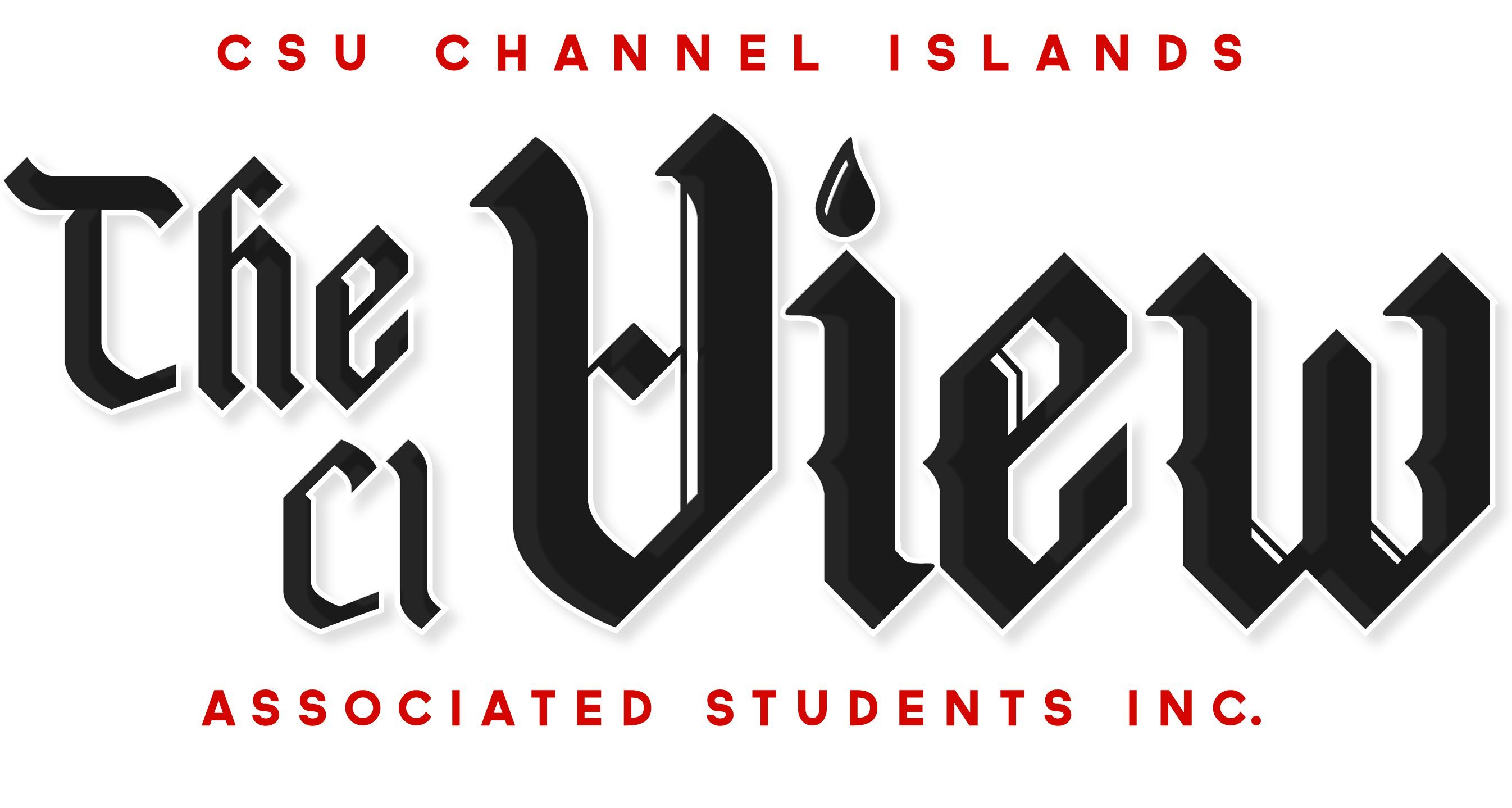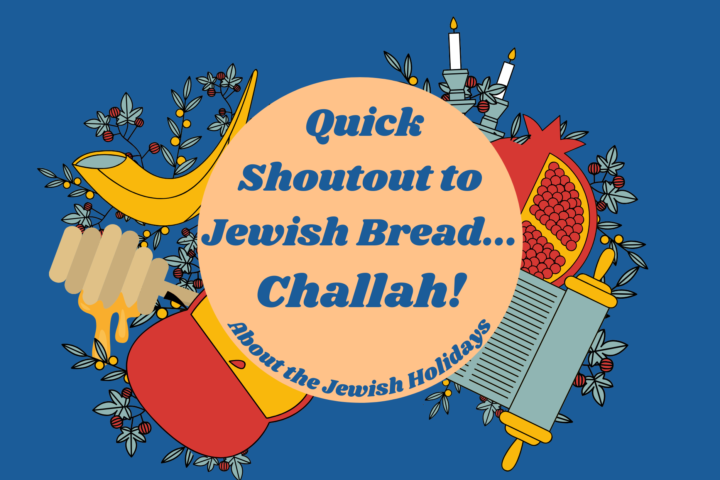By Aileen Lawrence
With the changing leaves and the cool breeze comes the Holiday season. The festival season has a few holidays that have and always will be iconic, like Christmas and Kwanzaa. But preparation for the Jewish Holidays start as soon as August rolls around. You may know of Hannukah, but more than 5 other holidays begin before the festival of lights. As the Treasurer of the Hillel, an inclusive club on campus where Jewish students can come together, I, Aileen Lawrence, 3rd year Performing Arts Major, believe I am most qualified to tell you all about it.
Kicking off the Jewish holiday season is Rosh Hashanah (Row-shh Ha-Sha-Nah), the head of the Jewish new year. It begins at sundown in late summer/early autumn and lasts two days. It celebrates the beginning of the year, the teachings of Judaism and the good year to come. Common traditions for this holiday include a ceremonial candle lighting that then continues with the sounding of the shofar (Show-Far), a ram’s horn, which is done to wake up those who celebrate and mend the ways they did wrong last year and enjoy a fresh start to the new year.
Most if not all Jewish holidays include food, and good food at that. The importance of food comes from Jewish customs surrounding celebrating life, from apples dipped in honey to represent a sweet new year, to pomegranates symbolizing a fruitful year; because you want to be as fruitful as a pomegranate with all its seeds; and a round loaf of challah (cHa-Lah) to represent goodness without an end.
Following Rosh Hashanah is Yom Kippur (Yom-Key-poor), the holiest day of the year in Jewish tradition. Rosh Hashanah is a time of reflection and reconciliation for any wrongdoings we have done in the past year. It’s our opportunity to own up to our mistakes and promise that we will try to be better.
The day is spent with prayer services, a fast and Tashlich (Tosh-Leek), a ceremony where pieces of bread representing our sins are thrown into a body of water symbolizing the casting away of all wrongdoings. Finally, when the holiday comes to a close with a break-fast where Jewish communities come together and break the fast with a feast. These feasts traditionally include bagels, cream cheese, fresh fruit and kugel; a sweet/savory Jewish baked casserole.
A Jewish Holiday currently being celebrated is Sukkot (Soo-Coat), a weeklong holiday celebrating the gathering of a good harvest as well as protection. It is celebrated by spending time in a hut covered in palm fawns, branches and autumnal foliage known as a Sukkah (Suh-Kah). This holiday is celebrated by, once again, holding a festive meal; any chance we have to eat, we take. During and after the meal, time is spent in the Sukkah. Another observance is shaking the lulav (loo-lahv), a palm frond and etrog (et-rouge), a citron in all directions to send a blessing out to every creation and encourage a bountiful harvest.
The end of Sukkot, which happens to fall tomorrow, Oct. 7 of this year, ends in Simchat Torah (Sim-chawt Tow-Rah). This holiday represents joy and life; in fact, Simchat quite literally means rejoice. On the final day of Simchat Torah, it is tradition to begin reading the Torah, the main holy book of the Jewish people. This tradition is one of my favorites.
At my synagogue, the congregation stands in this giant circle. The Rabbi then rolls out the Torah along the circle so were all helping to hold it. Once it’s rolled out, we all stand there amazed at the size of this book and the closeness of the community in that moment. Then the Rabbi goes in the middle to find the beginning of the Torah and begins reading to us. It’s an incredible tradition to be a part of.
Whether it be holding the Torah, lighting the candles or dancing all together, no matter the age, everyone is involved in celebrating this holiday. And of course, after all this celebration we do what the Jewish people do best, we eat!
The Jewish Culture is truly beautiful and something I am lucky to be able to experience. It’s truly all about community and leaving the Earth better than you found it. I hope more people are able to educate themselves about it, because we don’t just celebrate Hannukah! If there are any Jewish kids on campus looking for a safe and warm community, come join us! Even if there’s any goys (a Yiddish term for a non-Jewish person) who’d like to learn more feel free to connect as well.
The next Jewish holiday coming up is Hanukkah, the festival of lights and it is NOT “Jewish Christmas.” And so, as the orange leaves turn brown and the temperature continues to fall, the Jewish community continues to gather and celebrate their culture and rich history. If you would like to learn more, and get involved with the Hillel on campus, you can join them on CISync as well as follow the club on Instagram @csuci_hillel

